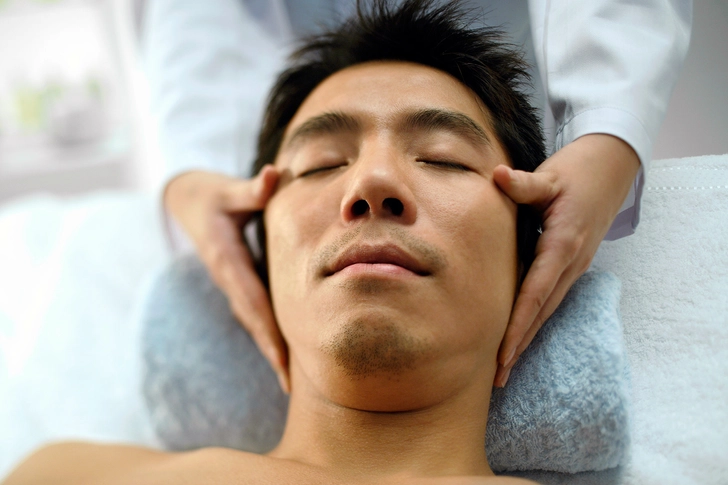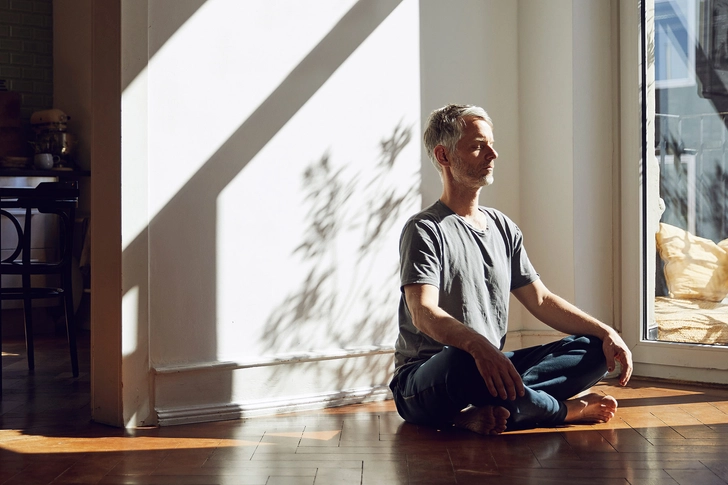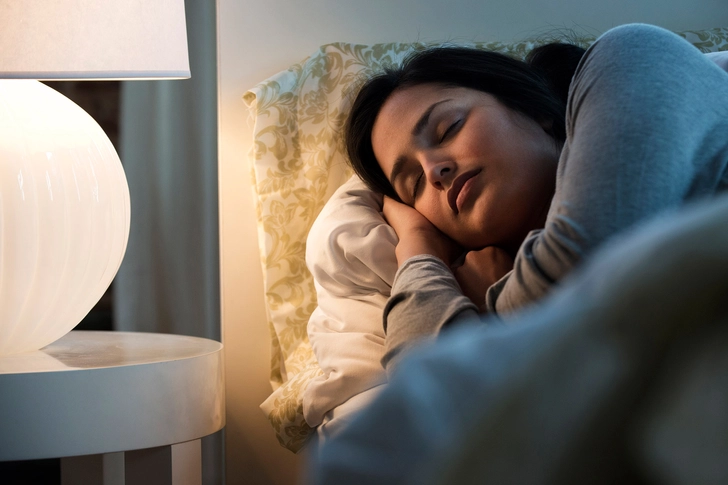- Overview
- Flares & Triggers
- Causes & Risks
- Types
- Locations on the Body
- Tests & Diagnosis
- Treatment
- Living With
- Complications
- Appointment Prep
- View Full Guide
9 Ways to De-Stress When You Have Psoriasis


Stress and Psoriasis
Stress can trigger a psoriasis flare-up or make your symptoms worse. At the same time, living with a long-term skin condition like psoriasis can stress you out. That's why managing day-to-day stress is especially important when you have psoriasis.

Mind-Body Techniques
Mind-body exercises like yoga and tai chi can be stress busters. They combine breathing exercises, physical postures, and meditation. You can join a class or find a streaming one online. If you’re new to exercise, check with your doctor first.

Get a Massage
A massage therapist uses hands-on techniques to ease muscle tension, promote blood circulation, and relieve stress. Before you get one, ask your therapist what oils or lotions they use. Some might irritate your skin. Look for a massage therapist who has experience with psoriasis.

Move Your Body
Physical activities like a gym workout or a brisk walk boost your brain’s "feel-good" chemicals, called endorphins. This helps ease stress and anxiety. Exercise also improves your sleep, which can suffer when you're stressed. Check with your doctor before you start an exercise program.

Try Meditation
Just a few minutes of meditation a day can reduce stress and improve your emotional well-being. Try guided meditation with a class, app, or streaming service. Or practice deep breathing techniques. Sit quietly in a comfortable place. Then just focus on breathing in and out, slowly and deeply.

Schedule Breaks
Taking regular breaks from your daily tasks at work or home helps you feel refreshed and reduces stress. It can also improve your mood, overall performance, and emotional and physical health. Even a 5-minute break can help you reset.

Get Enough Sleep
Dry, itchy skin can keep you up at night. And losing sleep makes stress and other emotional issues feel worse. (It can also affect your physical health.) Aim for least 7 hours of sleep a night. Try to go to bed and wake at about the same time each day. It may help to come up with a relaxing pre-bedtime routine. And avoid alcohol, caffeine, and screens before bed.

Get Professional Help
If you have trouble managing your stress or feel very anxious, visit a mental health professional. They can teach you ways to ease stress. And they can help you deal with any emotional issues that contribute to it. If you're stressed because your psoriasis symptoms aren't under control, talk to your doctor about treatment options.

Seek Support
When you're feeling stressed, reach out to your family, friends, or a psoriasis support group that gets what you’re going through. Group members can help you talk it out and put things in perspective. They may even have some tips for easing stress.

Practice Acceptance
Psoriasis is a lifetime condition. You can get treatment, avoid things that trigger your symptoms, and work with your doctor to deal with flare-ups. But you can't always control your psoriasis. So take care of yourself, physically and mentally. Focus on what's going well in your life. And learn to love the skin you're in.
IMAGES PROVIDED BY:
- Science Source / AJPhoto
- Getty Images / kali9
- Getty Images / Floresco Productions
- Getty Images / Supawat Punnanon
- Getty Images / Westend61
- Getty Images / m-gucci
- Getty Images / Jose Luis Pelaez Inc
- Getty Images / FatCamera
- Getty Images / SDI Productions
- Getty Images / monkeybusinessimages
National Psoriasis Foundation: “Integrative Approaches to Care,” “The mind, body, and sleep relationship.”
American Psychological Association: “Give me a break.”
Mayo Clinic: “Ease stress to reduce your psoriasis flares.”

